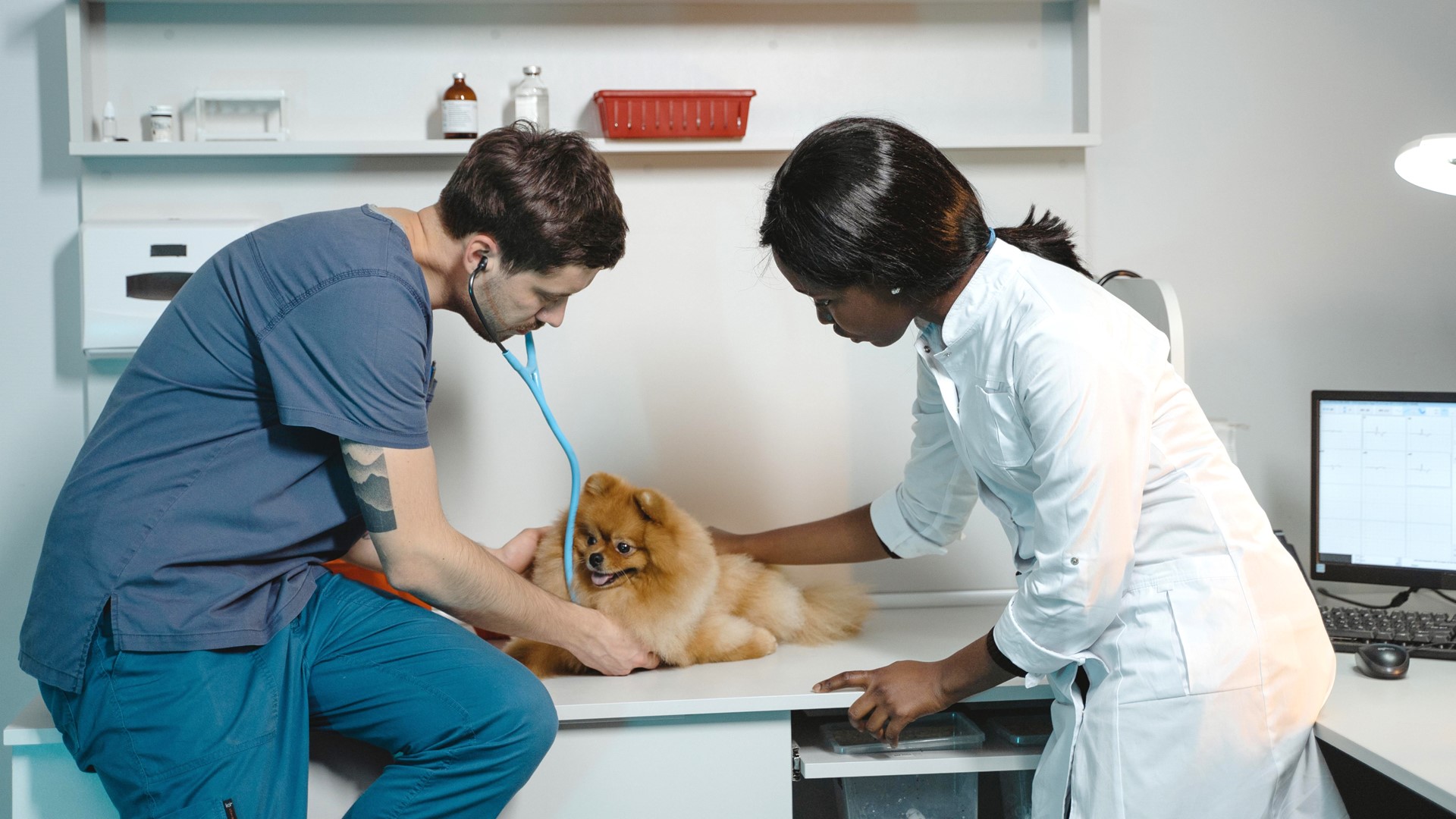
The Doctor of Veterinary Medicine (DVM) produces well-balanced veterinarians knowledgeable in animal production and welfare and One Health. This “One Health” paradigm formed the basis of the competencies required by the World Organization for Animal Health (OIE) Guidelines in the Veterinary Education Core Curriculum to promote not only animal health but also health of the public and the environment. The DVM curriculum aims to expeditiously expand the scientific knowledge and skills base, improve veterinary education and clinical care while accelerating biomedical research discoveries and enhancing public health safety. Furthermore, the curriculum was tailored to meet the minimum standards of accreditation bodies and to harmonize with regional, national and international standards in terms of required competencies in order for the graduates to be more globally-competitive and equipped with skills to cope with the challenges of the profession.
Career Opportunities

There is high demand for graduates on employment opportunities for national and local veterinary service, academe and research, veterinary corps, livestock, poultry and fish farms including companion animals, laboratory animals and zoos and wildlife conservation facilities. Others venture in private practice, trade and marketing of veterinary products, public and private administration and technical consultancies on animal production and health. It is envisioned that the curriculum shall produce graduates for life-long learning and professional growth that can support the country’s veterinary services to contribute to food security and alleviate poverty.